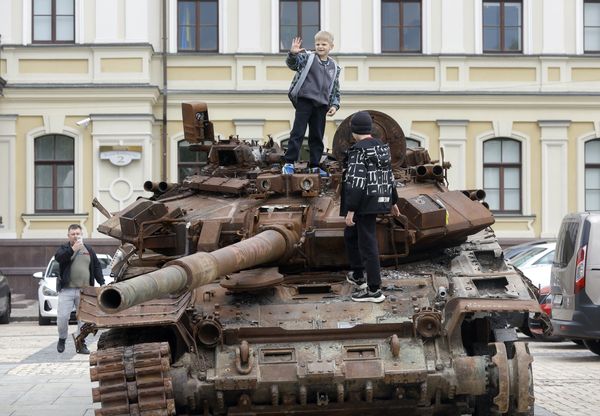The 2008 BeijingOlympics were hailed as a major success, with the venues' architecture lauded across the world.
However, a decade on from the international sporting spectacular, new images of the once-proud venues show them deserted and in advanced states of decay and disrepair.
Metal has rusted, wood rotted and watersport parks run completely dry.
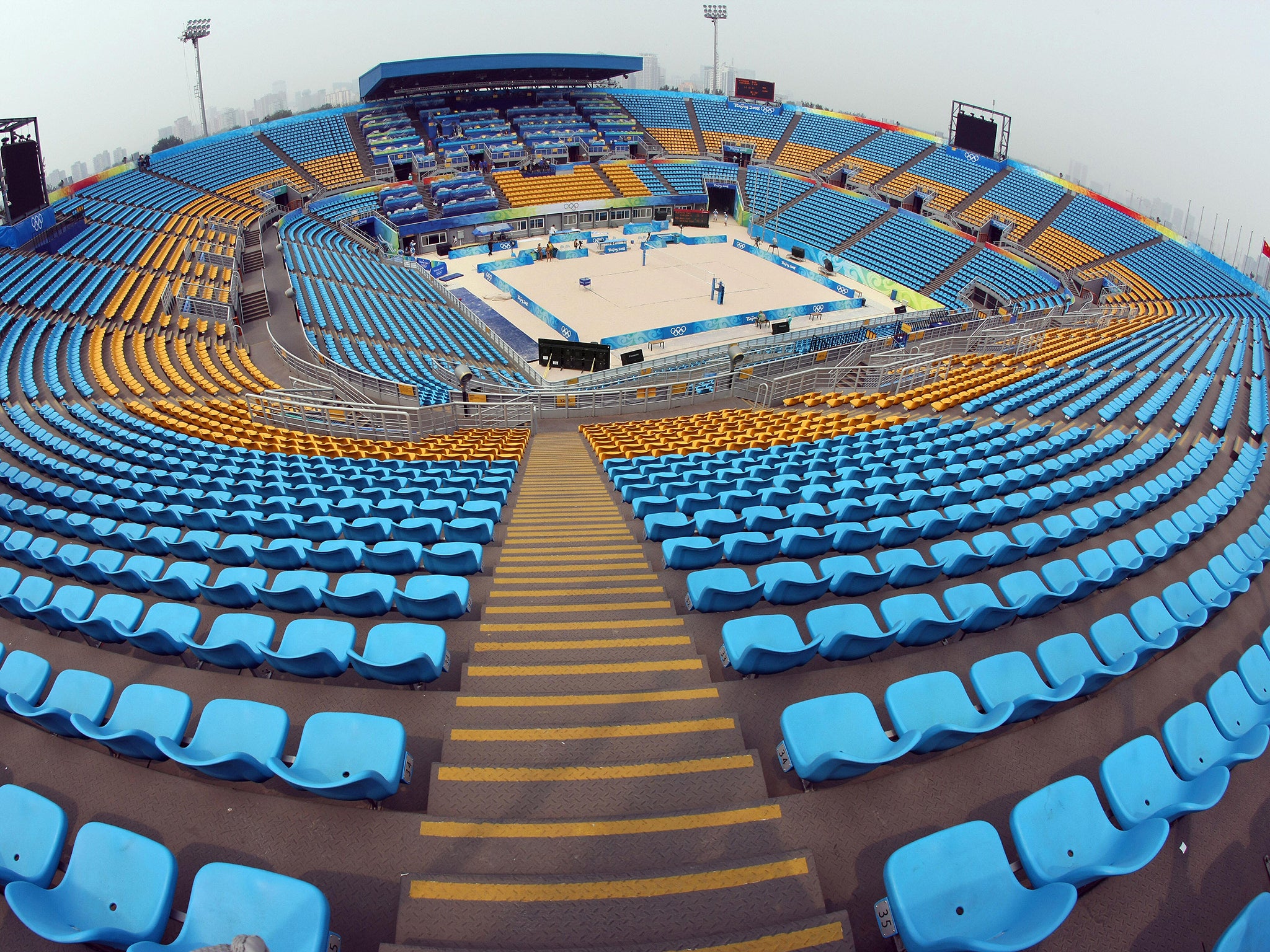
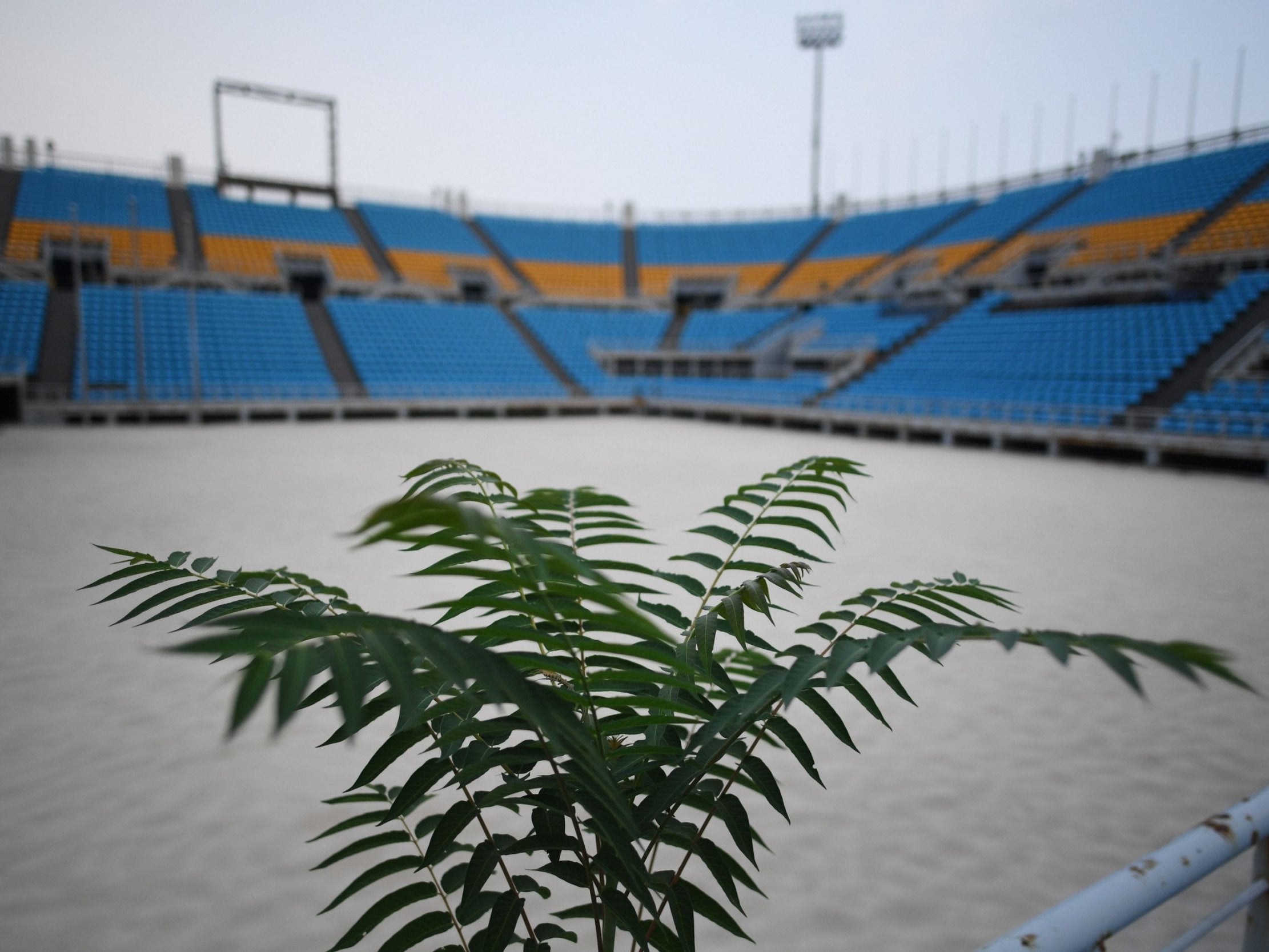
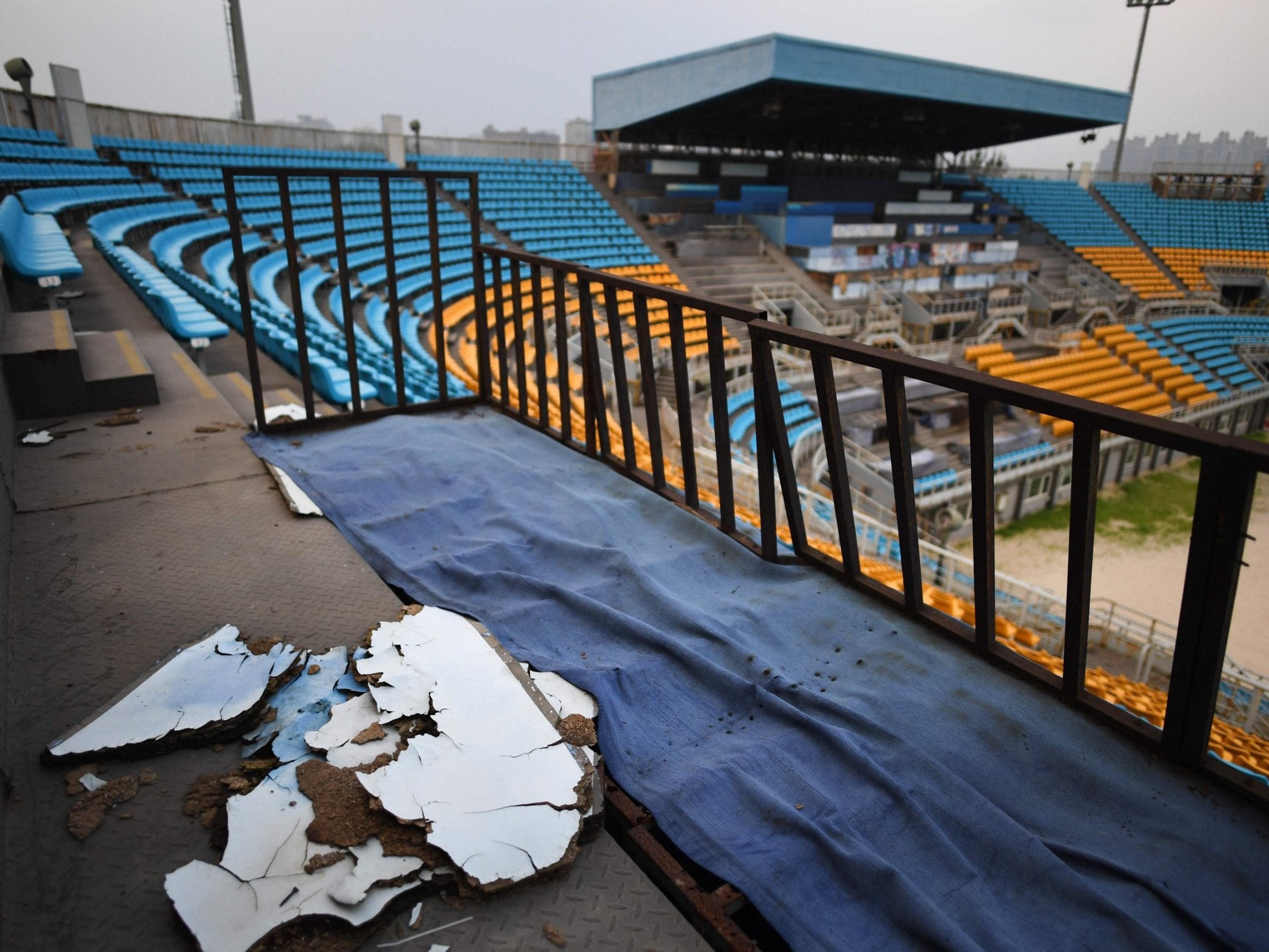
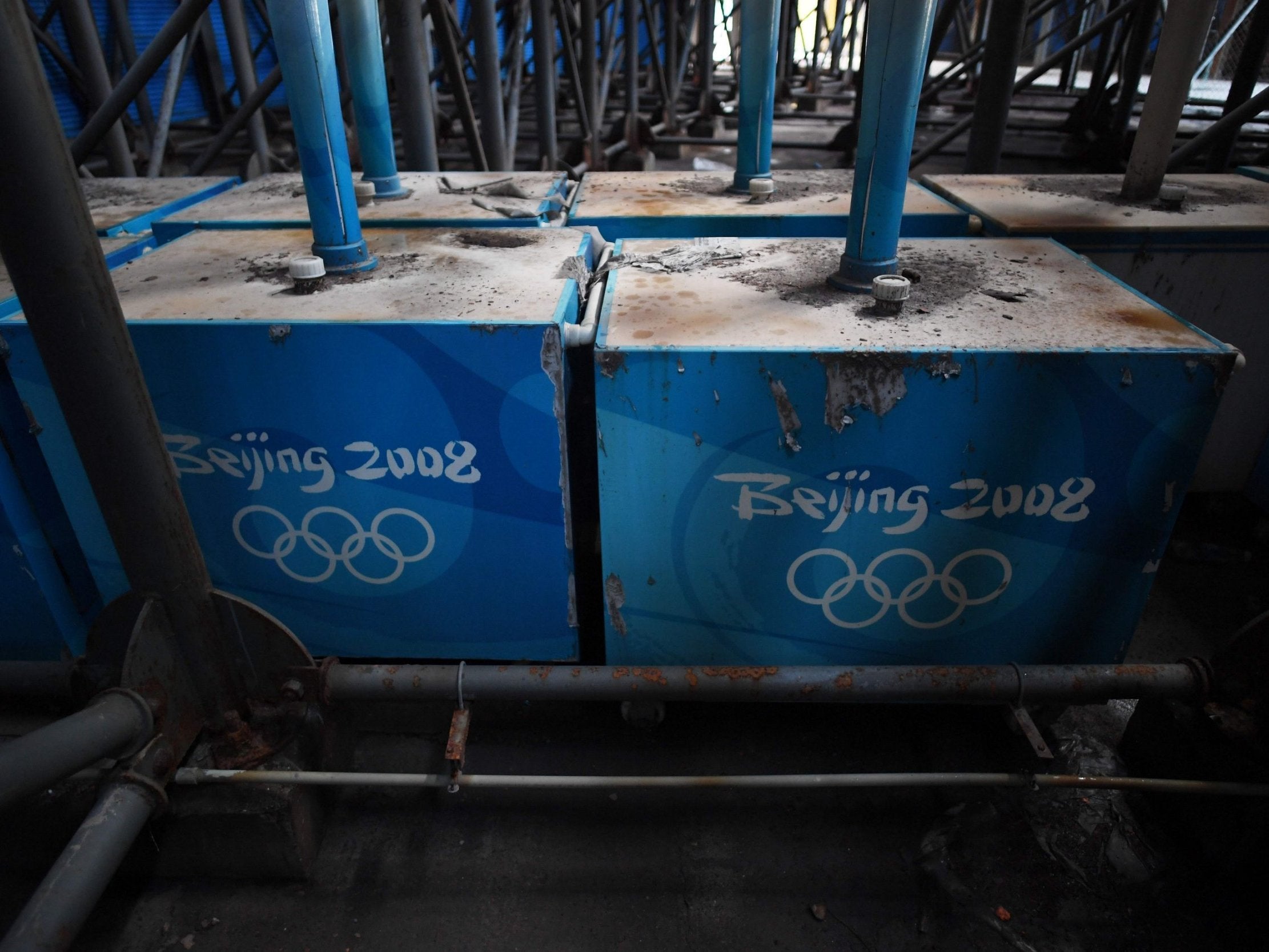
Giant statues of mascots Nini, Yingjing and Beibei can be seen lying broken and abandoned on the ground.
The two main venues, the “Bird's Nest” stadium and the “Water Cube” aquatics centre are still popular tourist attractions, however.
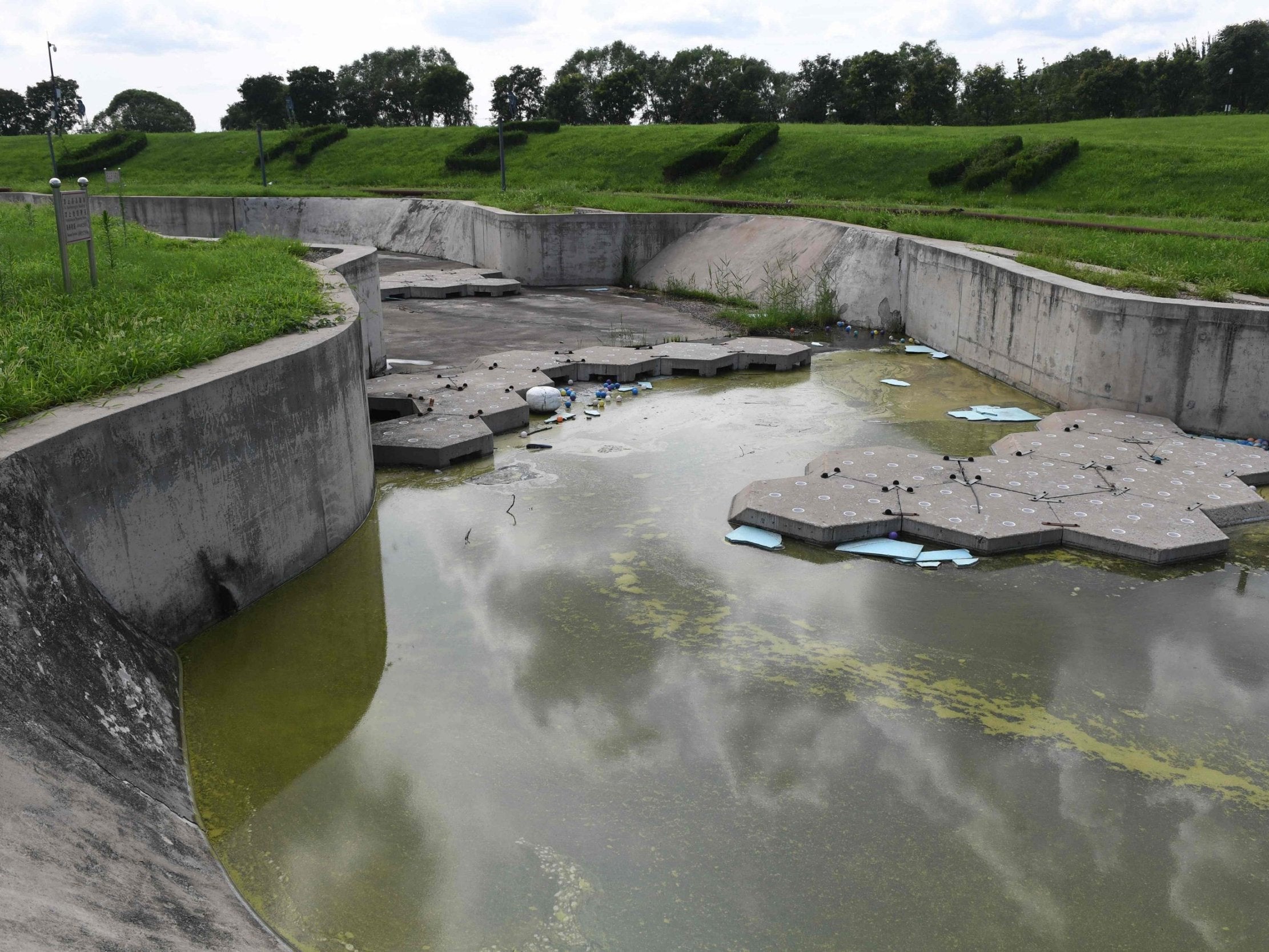
"The successful Beijing Olympics helped to boost the self-confidence of the Chinese leadership - and people - that the country could go on to even greater strengths," Brian Bridges, an expert on sport and politics at Hong Kong's Lingnan University, told AFP.
"Many of the arguments in favour of giving China the Games were that maybe they would adopt the Western system and there would be some change within the Chinese Communist Party," he added.
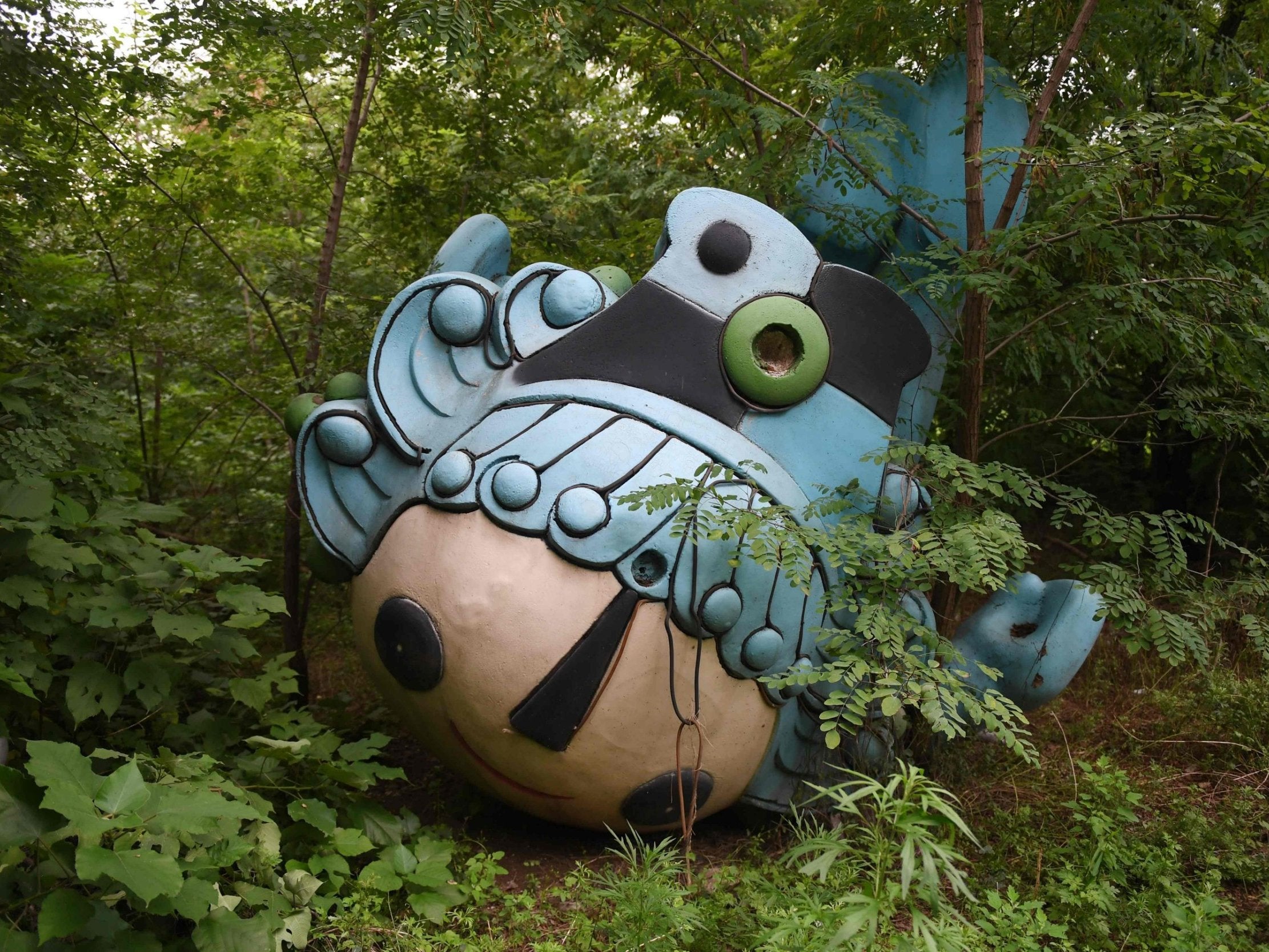
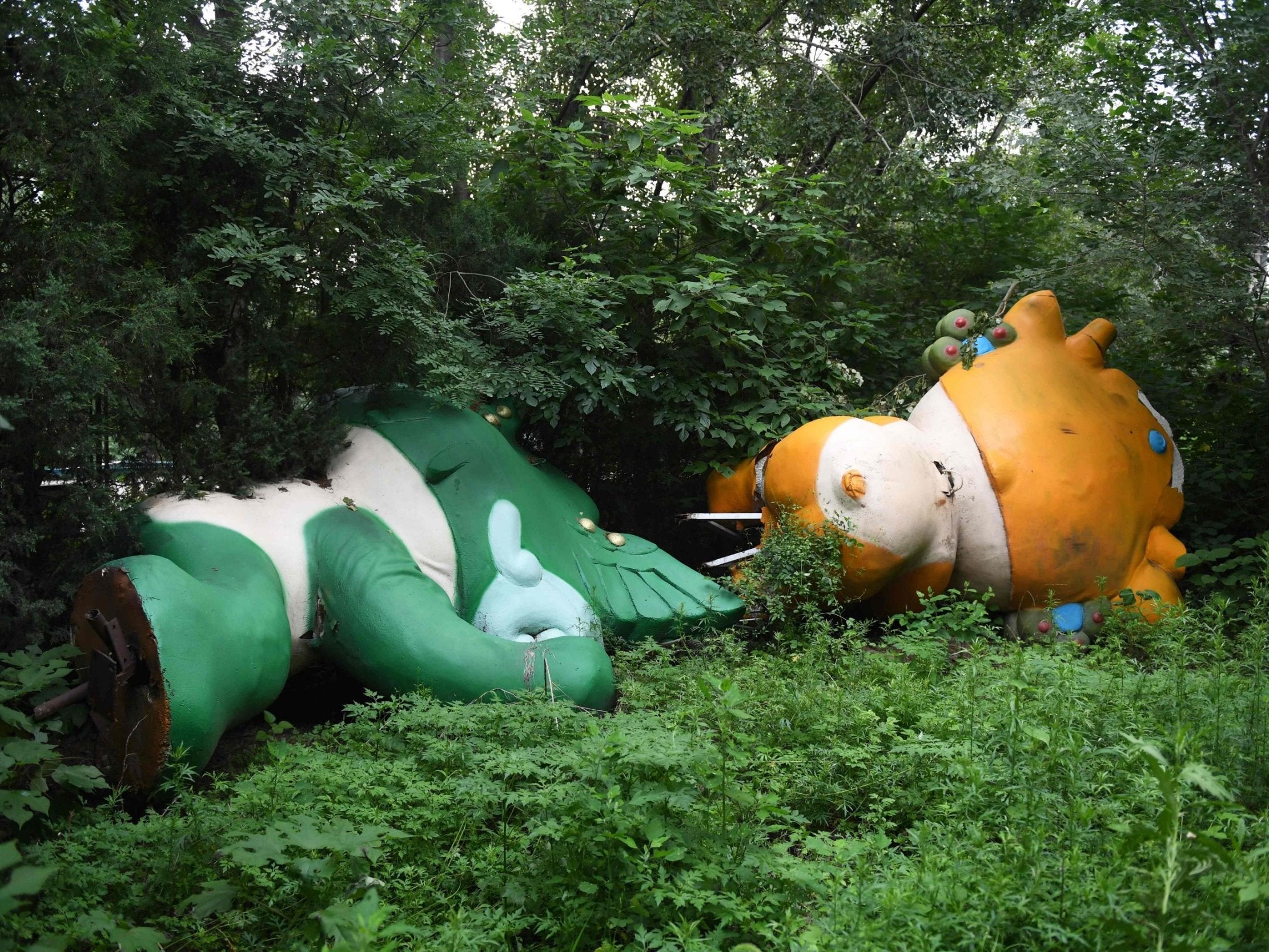
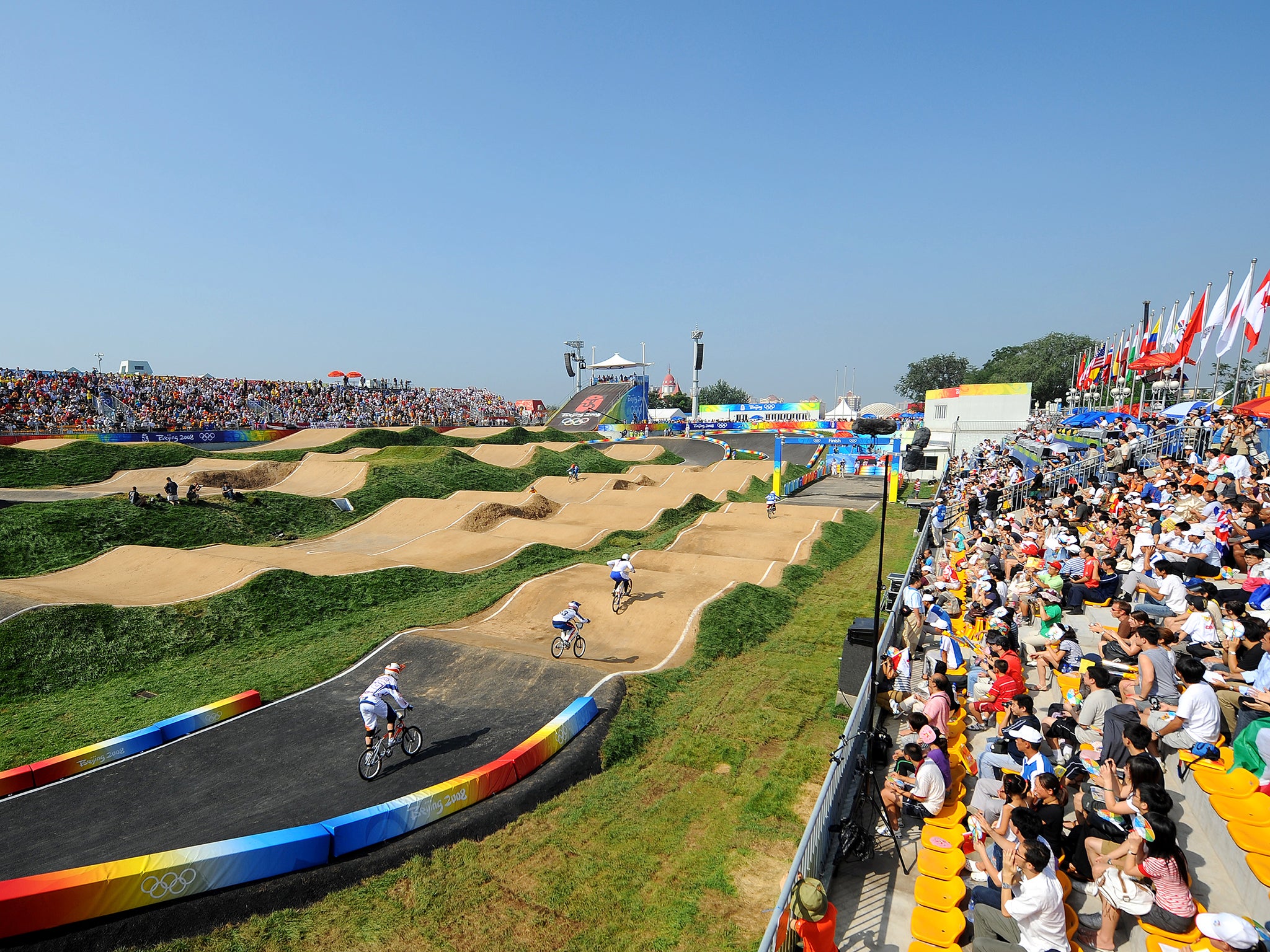
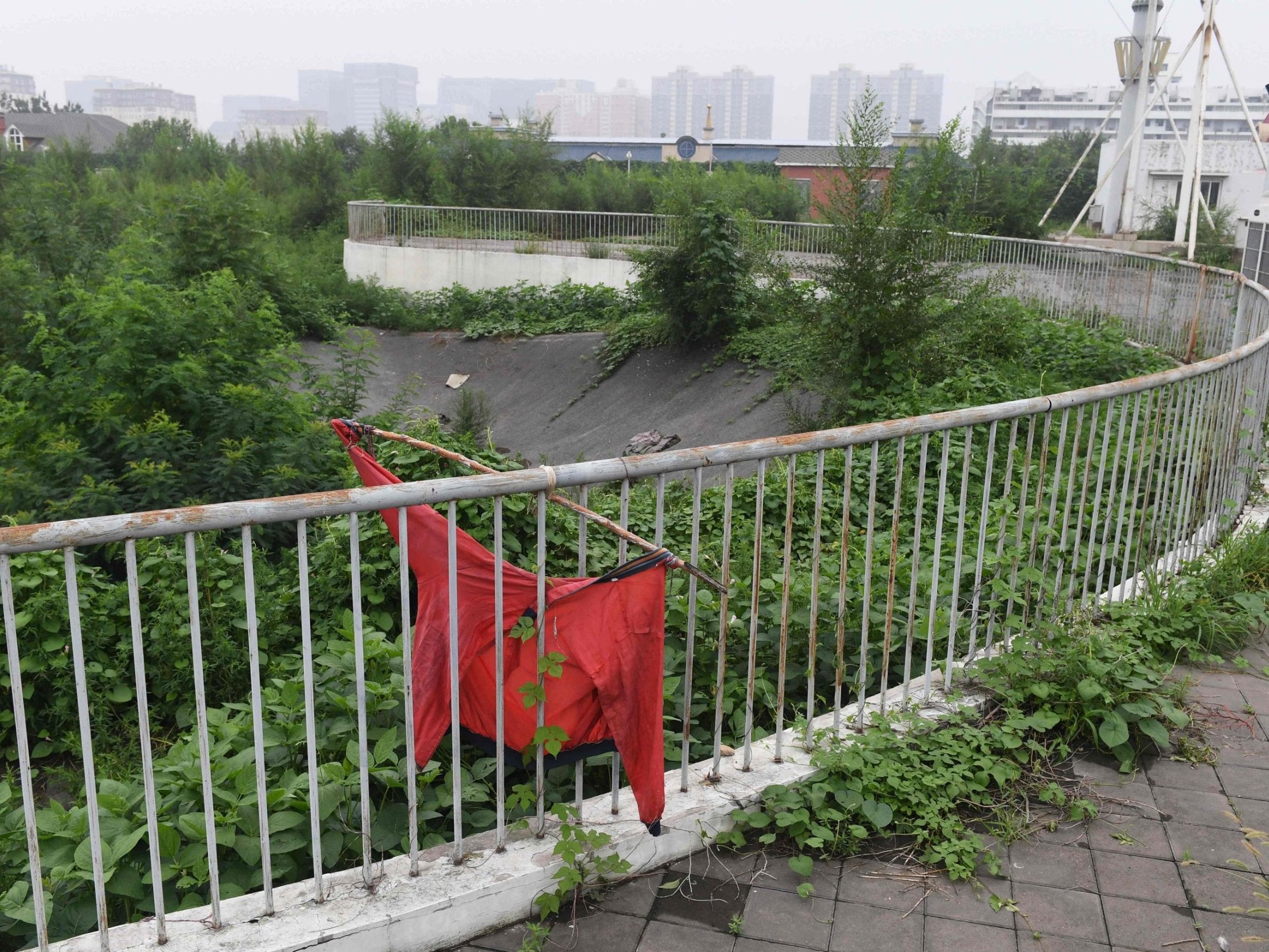
Legacy was an important part of London’s 2012 Olympic Games, to ensure a similar situation did not occur.
The Olympic stadium continues to host athletics events and is also the home to West Ham football club.
The Aquatics centre is available to members of the public, the Olympic village has been converted into properties and the Copper Box Arena is the home of the London Lions basketball team.


